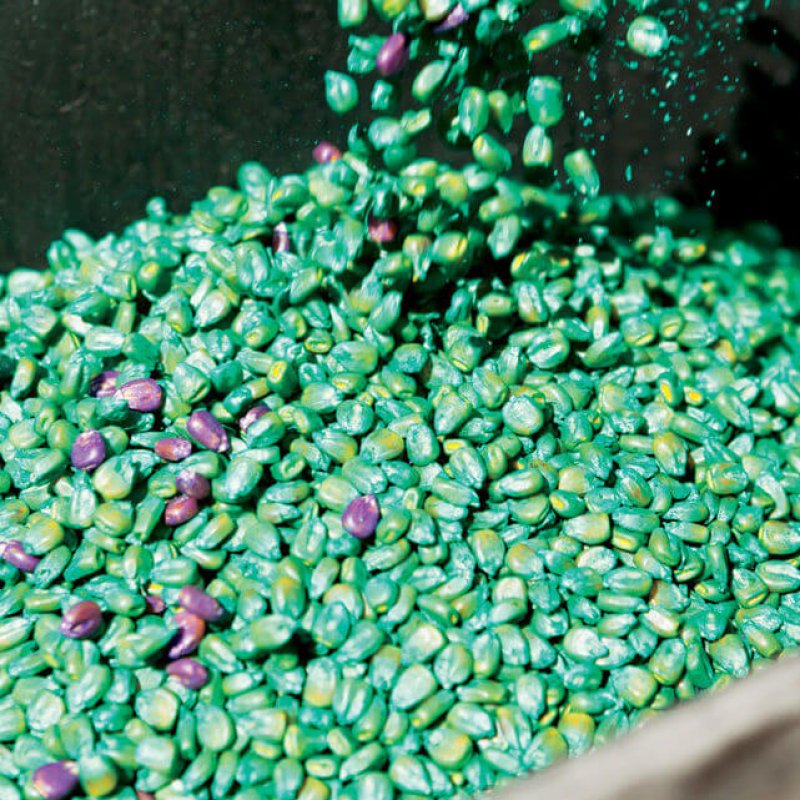In April [2018], the EU introduced a ban on outdoor use of three neonicotinoids – clothianidin, imidacloprid and thiamethoxam – which will come into effect on December 19.
The new French [ban] goes further still, banning their use in greenhouses as well as outdoors and covering thiacloprid and acetamiprid too.
…. French farming union FNSEA has joined forces with six other groups to warn ‘producers need solutions before any prohibitions’.
In a statement, the coalition said: “Once again, these decisions, not accompanied by substitution proposals, will accentuate the distortions of competition with European and non-European producers.
…
This concern about replacing domestic production with imports from countries where neonicotinoids are still used was echoed by [U.K. National Farmers Union] deputy president Guy Smith.
…
“This really brings home the importance of insecticides when it comes to growing healthy crops, but what it also reminds us is that one key result of the EU-UK neonicotinoid ban is it simply sucks in more protein imports from parts of the world such as North and South America, where there is no political appetite to ban neonics.
Read full, original article: NFU issues warning on losing insecticides as France bans all five neonics































